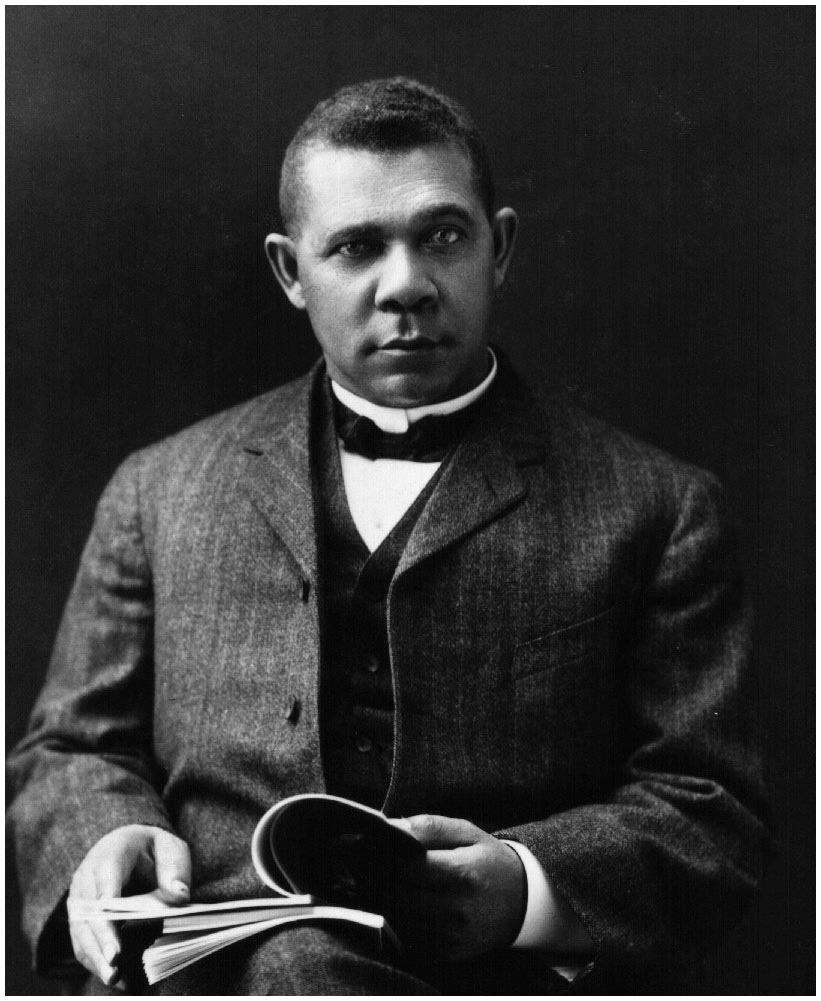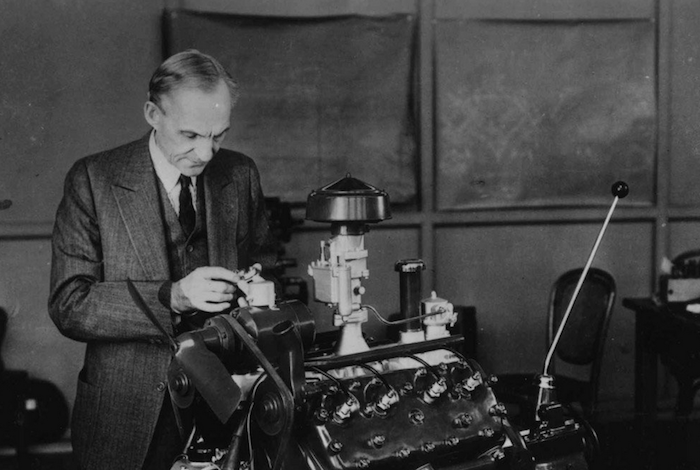Booker T. Washington, 1856-1915

I have learned that success is to be measured not so much by the position that one has reached in life as by the obstacles which he has had to overcome while trying to succeed.
Booker T. Washington was often criticized by fellow African-American advocates like WEB DuBois for his approach to helping his people progress. While DuBois felt that the fight for civil rights should have the top priority, Washington argued that blacks had to first work hard, manifest the virtues of industry and thrift, and achieve economic success. Once this occurred, he argued, the rights they sought would naturally follow. While Dubois felt that this approach was harmfully accommodating, such a philosophy was a direct product of Washington’s personal experience, a life which had taught him that man can work to make of himself anything he desires.
Washington grew up as a slave until freed by the 13th amendment. As a freedman, he took work in salt and coal mines before entering Hampton Institute in pursuit of an education. The president of Hampton recommended that Washington be made the head of the newly formed Tuskegee Institute. From this position, Washington soon came to prominence as a nationally known advocate for the uplift and education of African-Americans. His efforts to befriend many of the rich corporate heads of this time and persuade them to donate their money to the education of his fellow freedmen met with great success and led to the building of over 5,000 schools in the rural South. His profile was further raised by the brisk sales of his autobiography, Up from Slavery, and his invitation from President Theodore Roosevelt to become the first African-American to dine at the White House.



































Discussion about this post